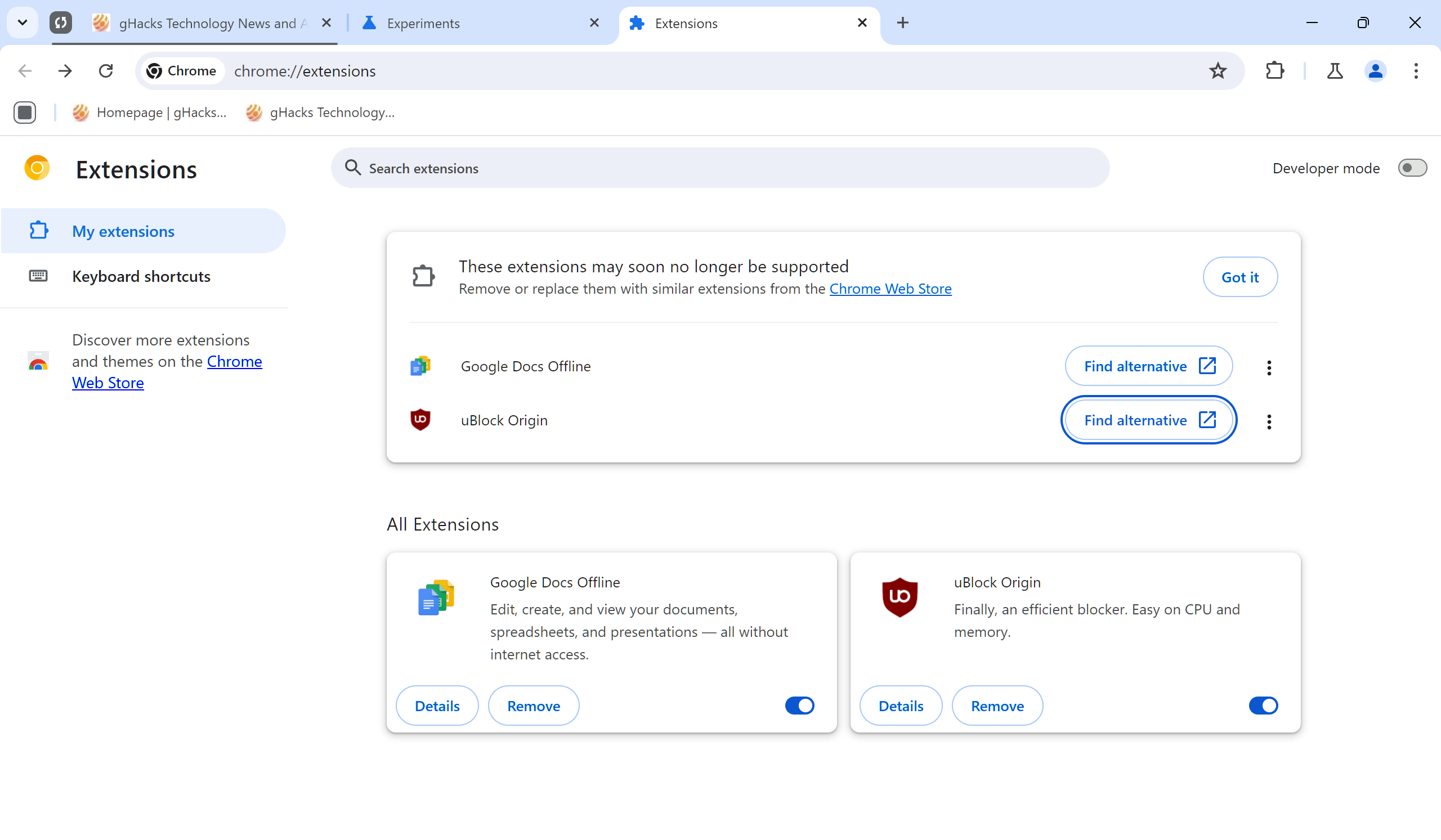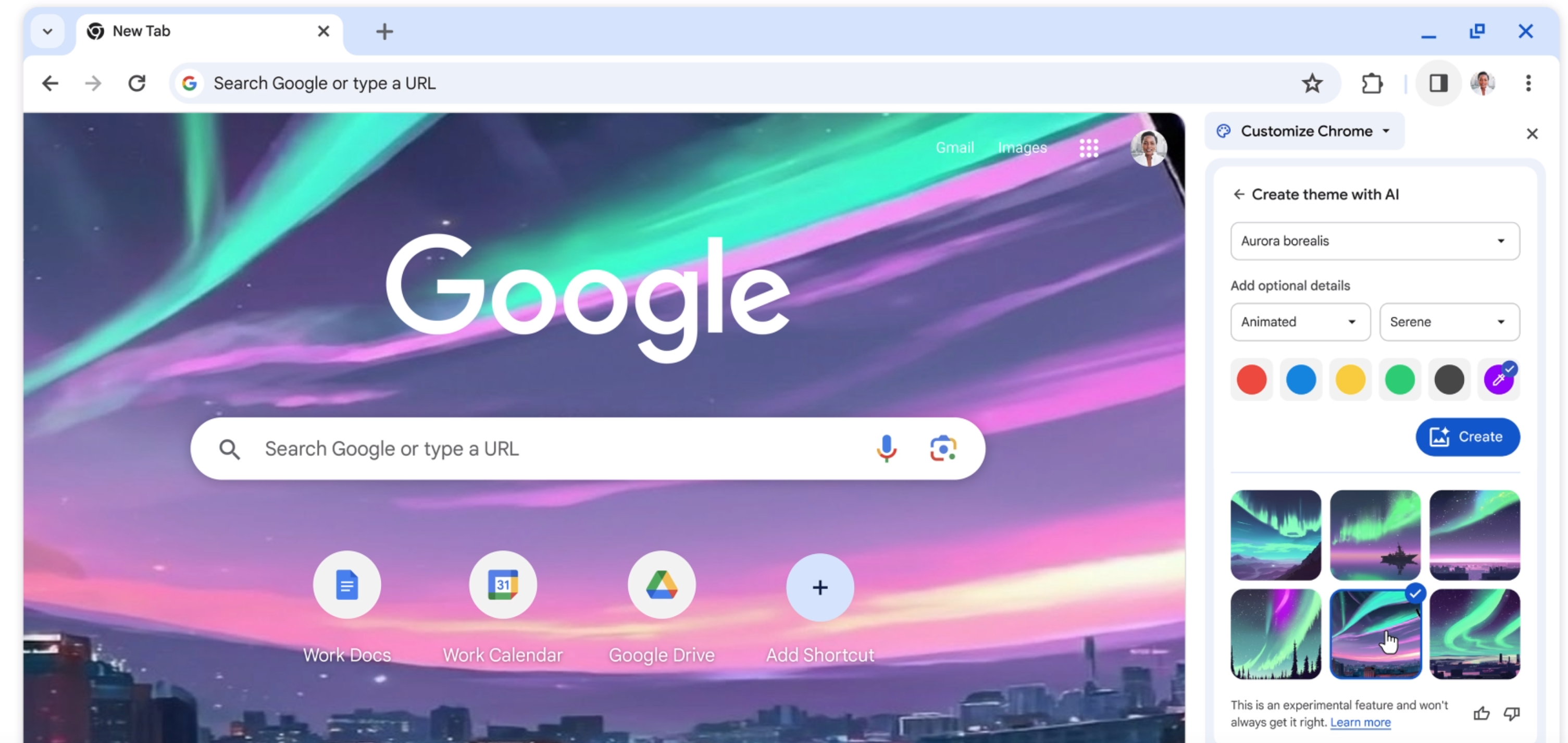
Is Your Chrome Extension About to Break? What You Need to Know About Google's Manifest V2 Shutdown
Google is making big changes to Chrome extensions, and if you're a regular user, you need to pay attention. Starting June 2024, Google will begin phasing out Manifest V2 extensions, potentially impacting your favorite tools. This means some extensions may stop working or lose functionality. Let's break down what's happening and what you can do about it, including the implications for popular ad blockers.

What are Manifest V2 and Manifest V3 Extensions? Understand the Change
Manifests are essentially rulebooks for extensions, defining what they can do and how they interact with your browser. Google is moving from Manifest V2 to Manifest V3, a newer version that changes how extensions operate.
- Manifest V2: The older standard, offering greater flexibility for developers.
- Manifest V3: The new standard, designed to improve security and performance but with limitations that affect some extensions.
Why is Google Making This Change to Chrome Extensions?
Google states the move to Manifest V3 enhances security and performance. The shift allows them to better control extension capabilities, which can reduce potential security risks. However, this has stirred significant controversy as it limits the functionality of certain types of extensions, especially content blockers.
Critical Dates: Google's Manifest V2 Deprecation Timeline You Need to Know
Here's a timeline of key events in the Manifest V2 deprecation. Knowing these dates can help you prepare for the changes ahead:
- June 3, 2024 (Beta, Dev, Canary Channels): Chrome will start showing warnings about Manifest V2 extensions. Extensions with the "Feature" badge will lose it.
- Coming Months: Manifest V2 extensions will be automatically disabled in development versions of Chrome. Users will initially have the option to re-enable them temporarily.
- Future Update: The option to re-enable Manifest V2 extensions will be removed entirely in future versions. The change will eventually roll out to the stable version of Chrome.
- June 2025: Enterprise customers using a specific policy will also see Manifest V2 support end.
Check Your Chrome Extensions: Are You Using Manifest V2?
Want to know if your extensions are affected? There's an easy way to check:
- Go to
chrome://flags/#extension-manifest-v2-deprecation-warningin your Chrome browser. - Set the flag to "Enabled."
- Restart Chrome.
This will highlight extensions still using Manifest V2, so you can identify potential issues. The extensions management page in Chrome will also list extensions that will no longer be supported, providing resources and "find alternative" buttons.
The Impact on Ad Blockers: Will They Still Work?

The move to Manifest V3 has raised concerns about the effectiveness of ad blockers. Manifest V3 limits the capabilities of extensions like uBlock Origin, potentially reducing their ability to block ads and trackers effectively. uBlock Origin Minus, a Manifest V3 version, demonstrates these limitations, lacking features like dynamic filtering and regex-based filters.
What About Other Browsers? Firefox to the Rescue?
Most Chromium-based browsers are expected to follow Google's lead. Firefox will continue supporting Manifest V2 alongside Manifest V3, offering an alternative for users who want to retain the full functionality of their extensions.
What Can You Do? Actionable Steps to Take Now
- Identify Affected Extensions: Use the Chrome flag method mentioned above to see which extensions are using Manifest V2.
- Look for Alternatives: Check the Chrome Web Store for updated versions of your extensions or alternative options that use Manifest V3.
- Consider a Different Browser: If your favorite extensions are severely impacted, consider switching to Firefox for continued support of Manifest V2.
- Explore Built-in Content Blockers: Browsers like Brave, Vivaldi, and Opera have integrated content blockers that aren't affected by the Manifest V3 changes.
Will You Even Notice the Change?

While some users may not notice a significant difference, those who rely on advanced features of content blockers or other specialized extensions may experience limitations. The impact depends on the specific extensions you use and how they adapt to Manifest V3.
Integrated Content Blockers: A Solid Alternative

For users seeking comprehensive ad and tracker blocking, browsers with built-in tools like Brave, Vivaldi, and Opera offer a robust solution. These integrated blockers operate independently of extensions, sidestepping the limitations imposed by Manifest V3.
Unmaintained Extensions: Prepare for Potential Issues
Extensions that are no longer actively maintained and haven't been updated to Manifest V3 may stop working altogether. It's not clear how many extensions are affected, which makes an alternative or updated version necessary.
The Future of Chrome Extensions: Adapting to Manifest V3
Despite the changes, extensions will continue to play a crucial role in customizing the browsing experience. The move to Manifest V3 marks a shift in how extensions function, requiring developers to adapt and innovate within the new framework. The majority of extensions will remain functional, although a bit limited compared with the older model.

Stay Informed: Keeping Up with Chrome Updates
Google's decision to disable classic extensions in Chrome will affect many users in the coming months so by staying informed and taking proactive steps, you can ensure a smooth transition and maintain a secure and efficient browsing experience.







